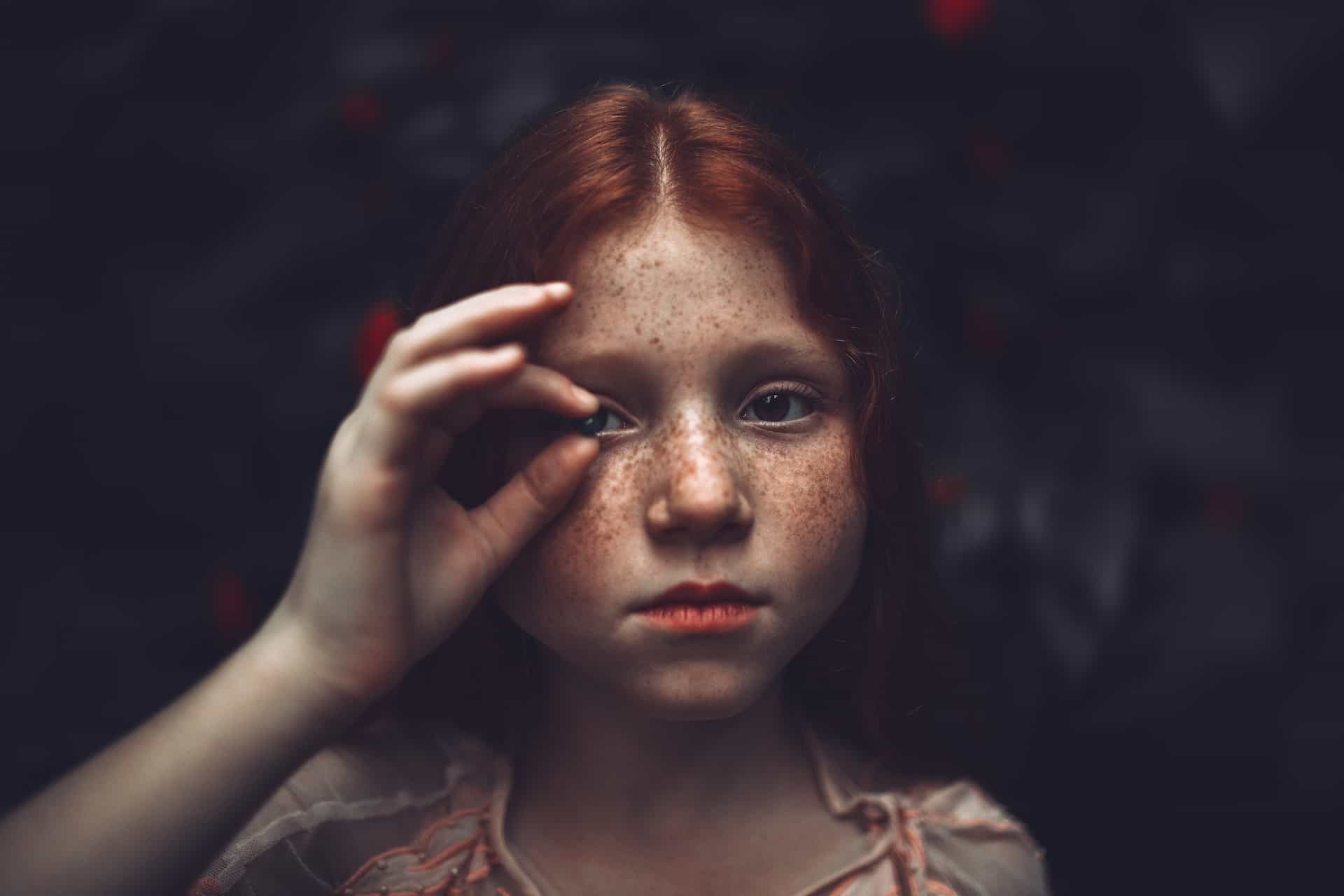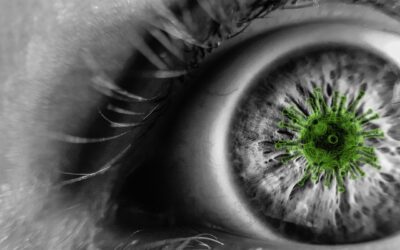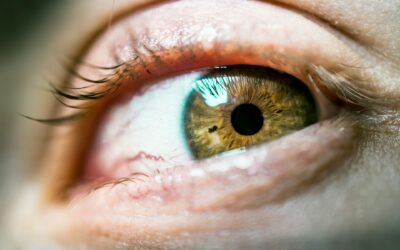Wearing contact lenses can be a fantastic option for children who lead an active lifestyle or are prone to losing or breaking their glasses. However, there are certain considerations that need to be taken into account to ensure the child’s safety and ability to handle the lenses responsibly. While there is no set age requirement for children to wear contacts, there are general guidelines that can help determine when it may be appropriate for them to try.
Competency and Responsibility
One of the essential factors to consider when determining if a child is ready for contact lenses is their competency and responsibility. They need to demonstrate the ability to handle and care for the lenses correctly. This includes inserting and removing the contact lenses safely, cleaning them regularly, and following proper hygiene practices with their hands and eyes.
Recommended Age Range for Contact Lenses
The general consensus among eye care professionals is that the youngest a child can typically be and successfully wear contact lenses independently is around seven to eight years old. At this age, most children have developed the necessary motor skills and maturity to handle and care for contacts themselves. However, it is important to note that this is not a hard rule, and some children may be ready at a younger age.
In certain situations, children as young as five years old can wear contact lenses with appropriate assistance from a parent or caregiver. This can involve a parent or caregiver handling the insertion and removal of the lenses, while the child is responsible for the day-to-day care, cleaning, and hygiene.
Individual Considerations
Ultimately, the decision to try contact lenses should be based on individual circumstances and the child’s readiness. Factors such as the child’s level of motivation and willingness to try contacts, their ability to follow instructions, and their overall eye health are all important aspects to consider.
Consulting with an eye care professional is highly recommended to assess the child’s suitability for contact lenses. An eye doctor can evaluate the child’s eye health, discuss the child’s maturity level, and provide guidance on whether the child is ready for contact lenses.
Safety First
Ensuring the safety of the child’s eyes should always be the priority. Contacts should only be acquired from a reputable source, and fitted by a qualified eye care professional, and the child should attend regular follow-up appointments to monitor their eye health and ensure the lenses are fitting properly.
Regular and thorough education about proper contact lens care, hygiene practices, and safety precautions should be provided to both the child and the parent or caregiver.
The Final Determination: It Just Depends!
When making any major medical decision – including wearing contacts – all of the risks, benefits, and alternatives must be examined and evaluated. Every situation will vary and the decision to wear contacts ultimately comes down to a choice between the doctor, the patient, and the guardian.
Acting in the best interests of the patient will allow the correct choice to be made each time!
Our eye doctors at Eye Theory in Houston, TX excel in the prescription of contact lenses, glasses and various eye diseases. Call our optometrist at 832.831.7386 or schedule an appointment online if you would like to learn more about contact lenses in children. Our eye doctor, Dr. Jonathan Tsao, provides the highest quality optometry services and eye exams in the Midtown, Downtown, Museum District, Montrose, East Downtown, and Southside Commons (Southside Place) vicinities of Houston, Texas as well as our newest location in the Stone Oaks neighborhood of San Antonio, Texas.





